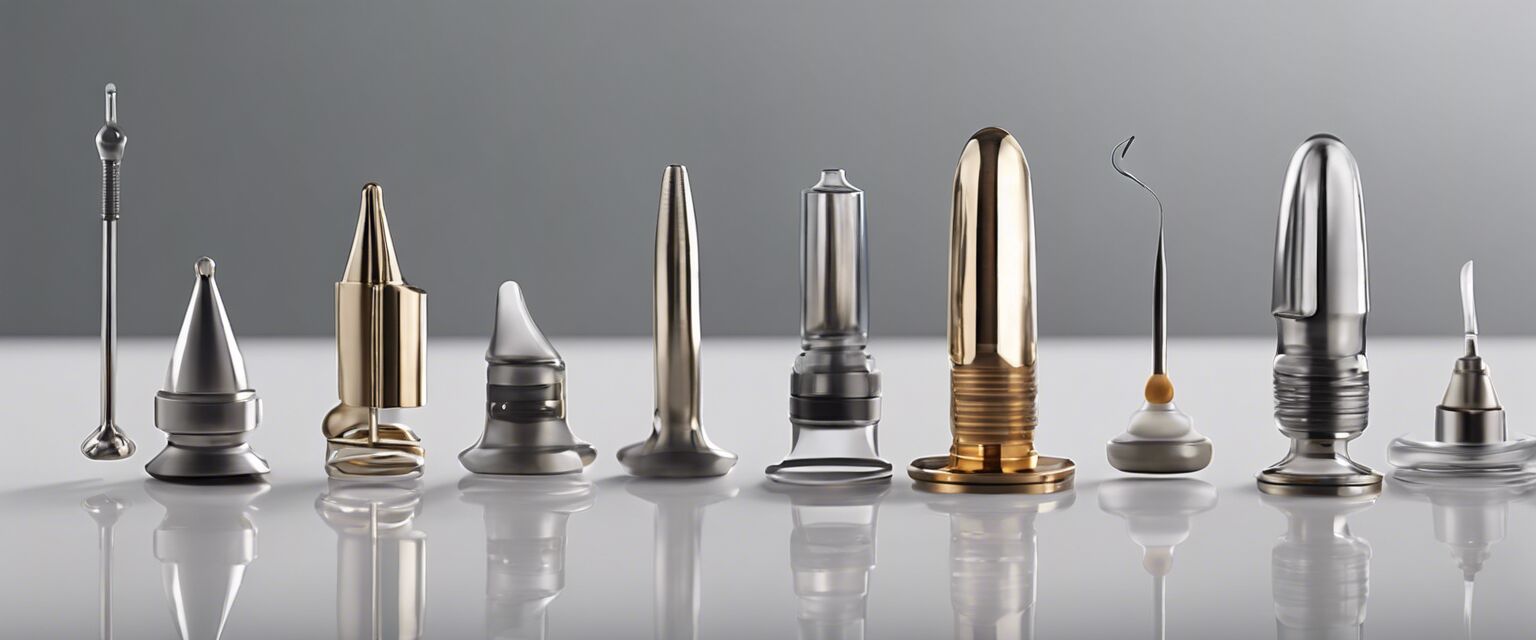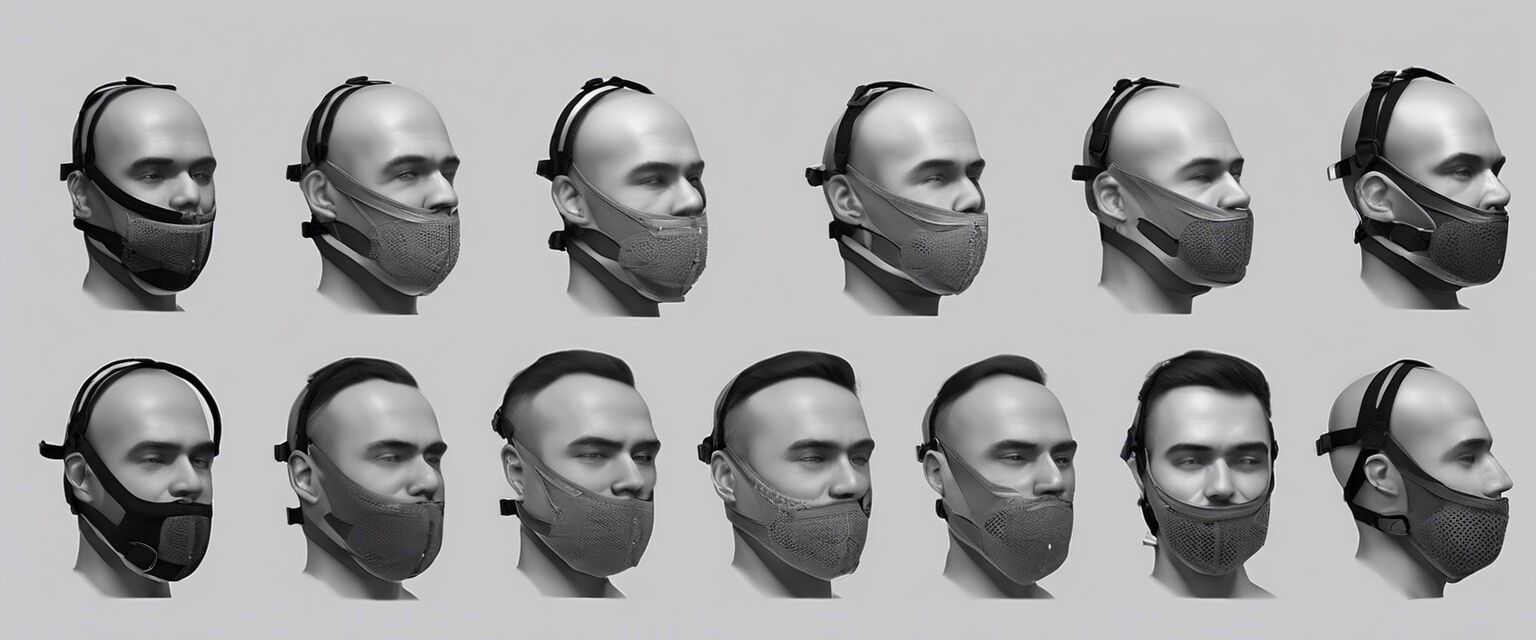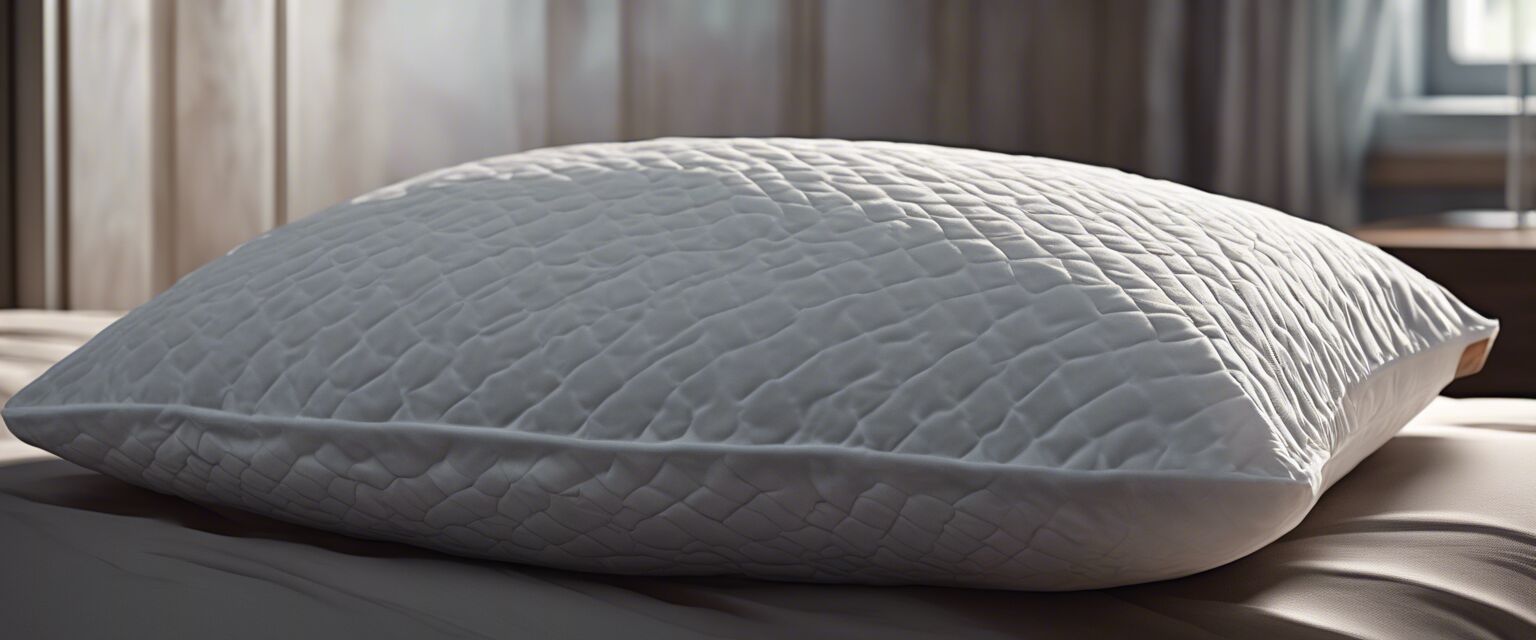
Nasal Dilators
Nasal dilators are devices designed to help improve airflow through the nasal passages, potentially reducing snoring and enhancing breathing during sleep. In this article, we'll explore the different types of nasal dilators, their effectiveness, and tips for choosing the right one for your needs.
Key Takeaways
- Nasal dilators can help open nasal passages and improve airflow.
- Different types of nasal dilators are available, including external and internal options.
- Using nasal dilators may lead to a reduction in snoring for some individuals.
- Choosing the right nasal dilator involves considering comfort, size, and material.
Understanding nasal dilators
Nasal dilators are tools that can assist in improving airflow for individuals who experience nasal congestion or snoring. They are primarily designed to physically expand the nostrils or nasal passages, making breathing easier.
Types of nasal dilators
There are several types of nasal dilators available on the market. Hereâs a breakdown of the most common types:
| Type | Description | Usage |
|---|---|---|
| External nasal dilators | Adhesive strips placed on the outside of the nose to widen nostrils. | Applied before sleep to enhance airflow. |
| Internal nasal dilators | Devices inserted into the nostrils to keep them open. | Worn during sleep or physical activities. |
| Adjustable nasal dilators | Customizable devices that can be adjusted for comfort and fit. | Used for personalized airflow improvement. |

How nasal dilators work
Nasal dilators function by mechanically increasing the width of the nostrils or nasal passages, which can help to reduce resistance to airflow. This can be particularly beneficial for individuals who may experience nasal congestion due to allergies, colds, or anatomical factors.
Benefits of using nasal dilators
Many individuals consider nasal dilators for various reasons. Here are some potential benefits:
- Improved airflow: By opening the nasal passages, users may experience better airflow while sleeping.
- Reduced snoring: Many users report a decrease in snoring, as improved airflow may help minimize vibrations in the throat.
- Ease of use: Most nasal dilators are simple to apply and remove, making them user-friendly.
Choosing the right nasal dilator
When selecting a nasal dilator, consider the following factors:
Tips for beginners
- Start with external nasal dilators if you're unsure about comfort.
- Look for products that come in various sizes for a better fit.
- Read reviews to understand what other users have experienced.
- Consider your specific needs, such as allergies or congestion.
- Consult with a healthcare provider if you have concerns about snoring or breathing difficulties.

Effectiveness of nasal dilators
The effectiveness of nasal dilators can vary from person to person. While some individuals may notice significant improvements in their breathing and reduction in snoring, others may not experience the same level of benefit. Factors influencing effectiveness include:
- The underlying cause of snoring.
- Individual anatomy and nasal structure.
- Correct usage and fit of the dilator.
Potential drawbacks
While nasal dilators can be beneficial, there are some potential drawbacks to consider:
Pros
- Non-invasive solution for snoring issues.
- Easy to use and apply.
- Variety of options available to suit different needs.
Cons
- May not work for everyone.
- Some users may find them uncomfortable.
- Need to be replaced regularly for hygiene.
Conclusion
Nasal dilators can be an effective solution for individuals seeking to improve their breathing and reduce snoring. With various types available, it's essential to choose one that fits well and meets your specific needs. Always consider consulting with a healthcare professional if snoring persists or worsens, as it may indicate a more significant issue.
Related topics
Explore more about snoring solutions:





